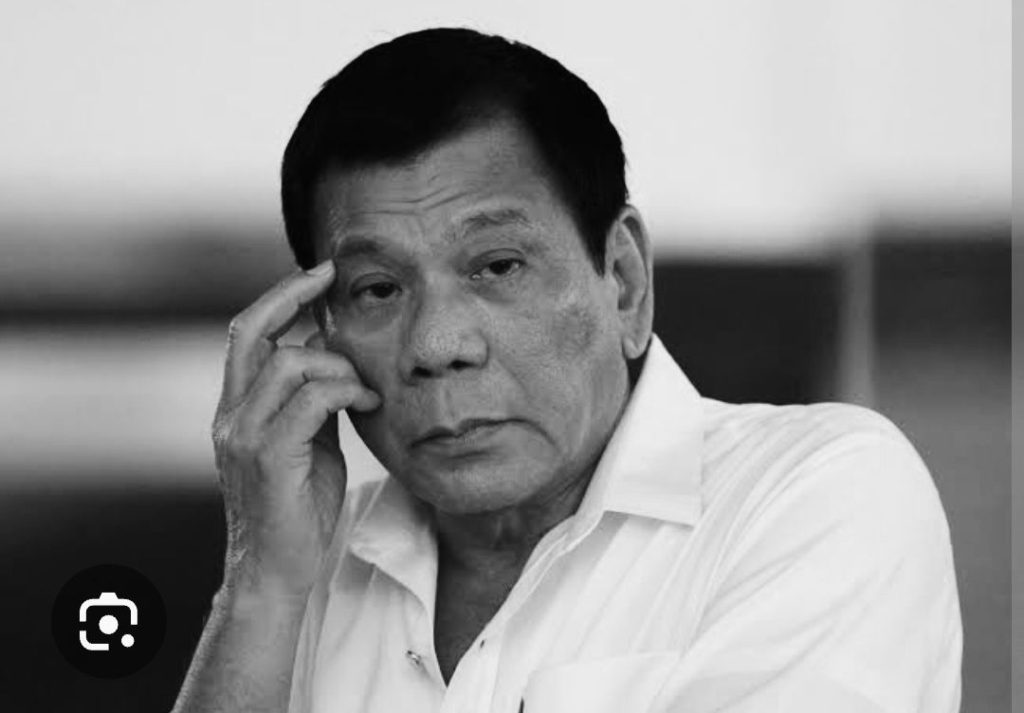
In a startling development, former President Rodrigo Duterte has accused President Ferdinand “Bongbong” Marcos Jr. of clandestinely selling the nation’s gold reserves, leading to a lack of transparency and contributing to the depreciation of the Philippine peso.
Duterte’s allegations center on significant gold sales by the Bangko Sentral ng Pilipinas (BSP) during the first half of 2024, where nearly 25 tons were sold, reducing the BSP’s gold reserves by 15.7% compared to the previous year. This move positioned the Philippines as the top seller of gold globally during that period, surpassing Thailand and Uzbekistan.
Financial analysts, however, have refuted claims that these gold sales indicate economic instability. They assert that the BSP’s actions are part of routine strategies to generate profits and manage the country’s foreign asset reserves. As of August 2024, the Philippines maintained foreign asset reserves of $107.9 billion, sufficient to cover 7.8 months of imports.
The political landscape has been further strained by the deteriorating relationship between the Marcos and Duterte families, especially with the upcoming midterm elections in May 2025. This rift has raised concerns among financial institutions, with Dutch financial giant ING warning that such political drama could deter foreign investments.
In response to Duterte’s assertions, President Marcos has dismissed the allegations, emphasizing that the BSP’s gold transactions are conducted transparently and are standard procedures for reserve management. Marcos urged the public to rely on official financial reports and not be swayed by unfounded claims.
As the political tension escalates, the nation watches closely, aware of the potential economic implications of such high-profile disputes.




